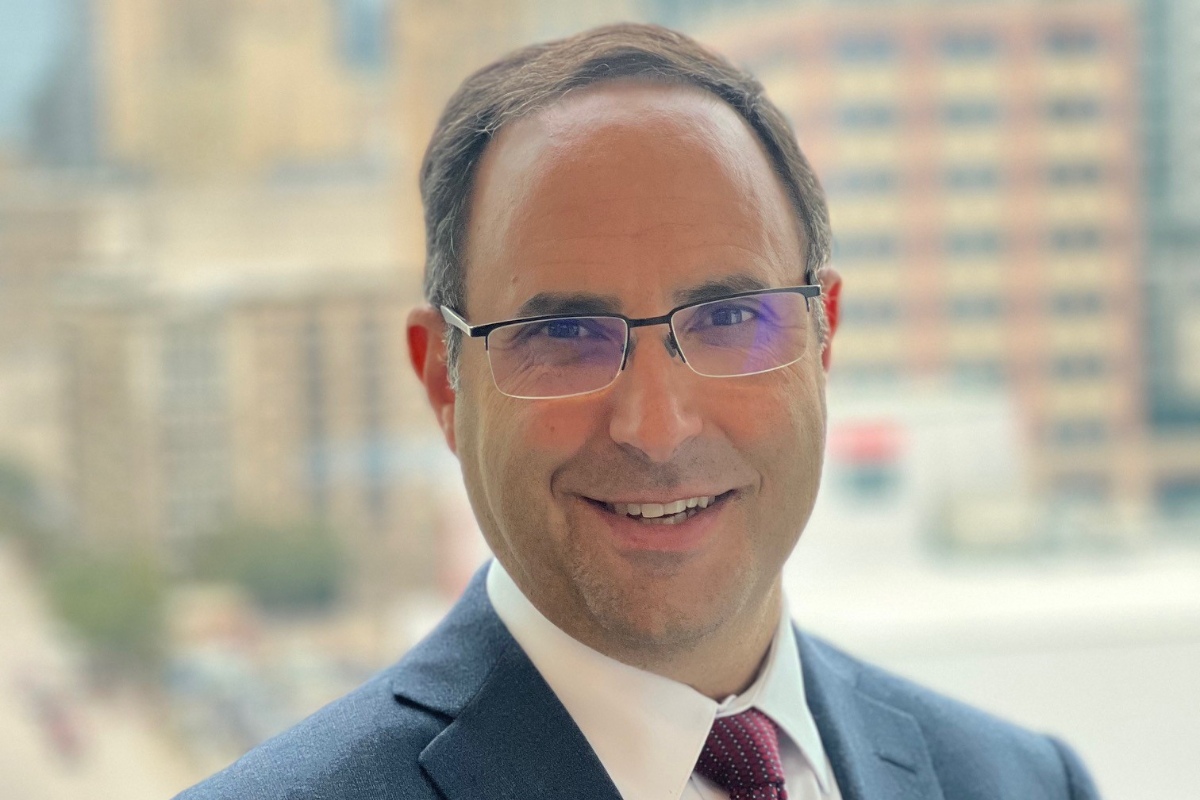Greater Houston Partnership Names Rafael Alvarez as New Leader of UpSkill Houston
Published Dec 16, 2024 by Brina Morales
HOUSTON (Dec. 16, 2024) — The Greater Houston Partnership has announced Rafael “Rafa” Alvarez as the organization’s new Senior Vice President of Regional Workforce Development, leading the nationally acclaimed UpSkill Houston initiative. Alvarez, a Forbes-recognized social entrepreneur and founder of Genesys Works, brings a proven track record in workforce development and a deep commitment to creating opportunities that bridge skills training and industry.
“Throughout my career, I have been inspired by how the right career opportunities can transform lives and change trajectories. With UpSkill Houston’s strong foundation and opportunity to leverage critical advancements like Texas House Bill 8, we are at a pivotal moment to connect workforce and education at scale,” Alvarez said. “By bridging the gap between available jobs and untapped talent, we can ensure Houston's businesses and residents thrive together for generations to come.”
Launched in 2014, UpSkill Houston has set a national benchmark by aligning workforce training with industry needs, linking employers, educators and over 200,000 students and workers. Alvarez is positioned to lead its next chapter by leveraging his extensive expertise.
As the founder of Genesys Works, Alvarez transformed the lives of thousands of students from underserved communities by creating pathways to career success through internships and corporate training. Under his leadership, the nonprofit expanded to seven cities, employed over 1,000 people, and helped people realize their potential in the workforce.
"Rafa’s dedication to workforce development for many years well-positions him as the ideal leader to drive UpSkill Houston’s next chapter,” Partnership President and CEO Steve Kean said. “His tenacity for creating opportunities for individuals and businesses alike will be pivotal to scale the work of UpSkill Houston and create opportunity for Houstonians.”
After leaving Genesys Works in 2019, Alvarez joined the founding leadership team of Moderno Porcelain Works, where he led the People and Training function. He was instrumental in hiring and training the first 300 employees, helping the company expand to 14 cities in just three years.
Alvarez’s earlier career includes 11 years at Compaq Computer Corporation as a corporate strategist, project manager and design engineer. He holds a Bachelor of Science in Mechanical Engineering from Texas A&M University and a Master of Science in Engineering Management from the University of Houston. Alvarez has called Houston home for over 30 years.
Outgoing Leader Peter Beard to Join U.S. Chamber of Commerce Foundation
Alvarez joins the Partnership following the announcement that Peter Beard, who has led UpSkill Houston since 2014, will join the U.S. Chamber of Commerce Foundation early next year. Beard was instrumental in shaping UpSkill Houston into a national collaborative model that engaged over 150 employers and more than 70 educational and workforce organizations.
Based in Washington, D.C., Beard will focus on scaling similar efforts nationwide, building a resilient and adaptable workforce to meet the country’s evolving needs.
"Peter’s exceptional ability to unite industry, education, and community stakeholders has driven meaningful progress in workforce development,” Kean said. “His new role at the U.S. Chamber of Commerce Foundation reflects the significant impact of his work here in Houston and the value it brings on a national level."
###
MEDIA CONTACT:
Brina Morales
Communications Director
bmorales@houston.org
 Press Releases
Press Releases




















